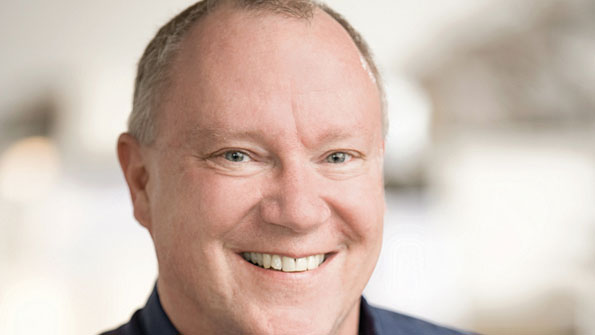Poll results may indicate 911 sector’s biggest problem
Every month, we pose a poll question on our website related to our industry. In June, the question focused on the 911 sector, and it was an offshoot of an article I had written for that month’s print edition. The article explored the current state of the 911 sector. It was a “tale of two sectors,” as both optimism—driven by the next-generation future—and pessimism—driven by the funding woes that afflict public-safety answering points from coast to coast—abound.
We wanted to get a better idea of the attitudes of readers regarding the 911 sector’s future, so we posed the following question:
How do you feel about the future of the 911 sector?
· Optimistic: Next-generation 911 (NG-911) will be a game-changer.
· Nervous: NG-911 could be overwhelming.
· Ambivalent: We’ll never be able to afford NG-911.
· Pessimistic: Forget NG-911—we might not be able to fund current operations.
My money would have been on either the “nervous” or “ambivalent” responses—and I would have been a big loser, as 73% of respondents chose the first option, “optimistic.” But the results have no meaning, because a scant 11 people took the time to answer the question.
This stunned us. While clearly unscientific, our polls generally elicit a healthy response. And we thought that this particular poll would draw a large response, given the roller-coaster that is the 911 sector. On the one hand, the prospect of next-generation 911 technology is incredibly exciting, and the sector is extremely fortunate to have bright and dedicated people working in it who, thankfully, are very good at what they do.
On the other hand, the sector’s financial woes are significant, it is plagued by all sorts of abuse calls, training in many places is inadequate and there is no consistency regarding certification programs. If that wasn’t enough, generally the only time the 911 sector gets any publicity is on the rare occurrence of a telecommunicator screw-up.
So what can we make of the fact that only 11 people bothered to answer this poll question? One take would be that no one really cares about the 911 sector. Of late, anecdotal evidence has been mounting that says otherwise. For example, Charles Dowd, assistant chief of the New York Police Department (NYPD), who is as astute as he is powerful, not long ago said, “You can’t get the job done without 911.” At the time he was speaking of the need to integrate the nationwide broadband communications network for first responders that FirstNet is trying to build with NG-911 systems.
But the 911 sector traditionally has been treated as the redheaded stepchild by the whole of public safety. It’s analogous to the count room in a casino. Without it functioning well, the casino would go out of business—but make no mistake about it, all of the excitement happens on the gambling floor.
So, it’s not a huge leap, given the history, to think that not much has changed after all. This is not how it should be—PSAPs are the hub of the first-response wheel—and I hope that I am wrong.
But let’s say that I’m not. What will the 911 sector do then? It could continue to complain about the situation, as it has for years, but then do nothing tangible to alter the status quo. What it should do is rise up as one and elbow its way into the seat at the public-safety table that it should have had all along. In fact, the 911 sector should start throwing elbows—that’s how things get done in the rough-and-tumble, no-holds-barred world of politics.
Don’t think for a moment that it can’t be done. A little more than six years ago, when Morgan O’Brien first floated his fantastic notion for a nationwide first-responder broadband communications network, no one in public-safety thought it was possible. But eventually its leadership got on the same page, spoke with a unified voice and started to throw its considerable weight around on Capitol Hill and look what happened–Congress passed a law establishing FirstNet and earmarking $7 billion to the effort.
It can work the same way for the 911 sector, but its denizens—and not just its leaders—must realize that they need to get off the ropes and into the center of the ring, and they have to start swinging. Every day, 911 telecommunicators save lives, often in extraordinary circumstances. Start telling those stories, and not just in the weeks leading up to National Telecommunicator Week—it needs to be a year-round effort. Believe me when I tell you that the media loves human-interest stories, and that lawmakers and policymakers pay attention to what appears in the media. Get NENA and APCO to help you do this—promoting the industry is a big reason why they exist.
Granted, those who work in PSAPs have jobs that are pretty stressful and exhausting. But they have great stories to tell and they need to aggressively start telling them. Speak up, as often as possible—don’t let apathy be your greatest enemy.















